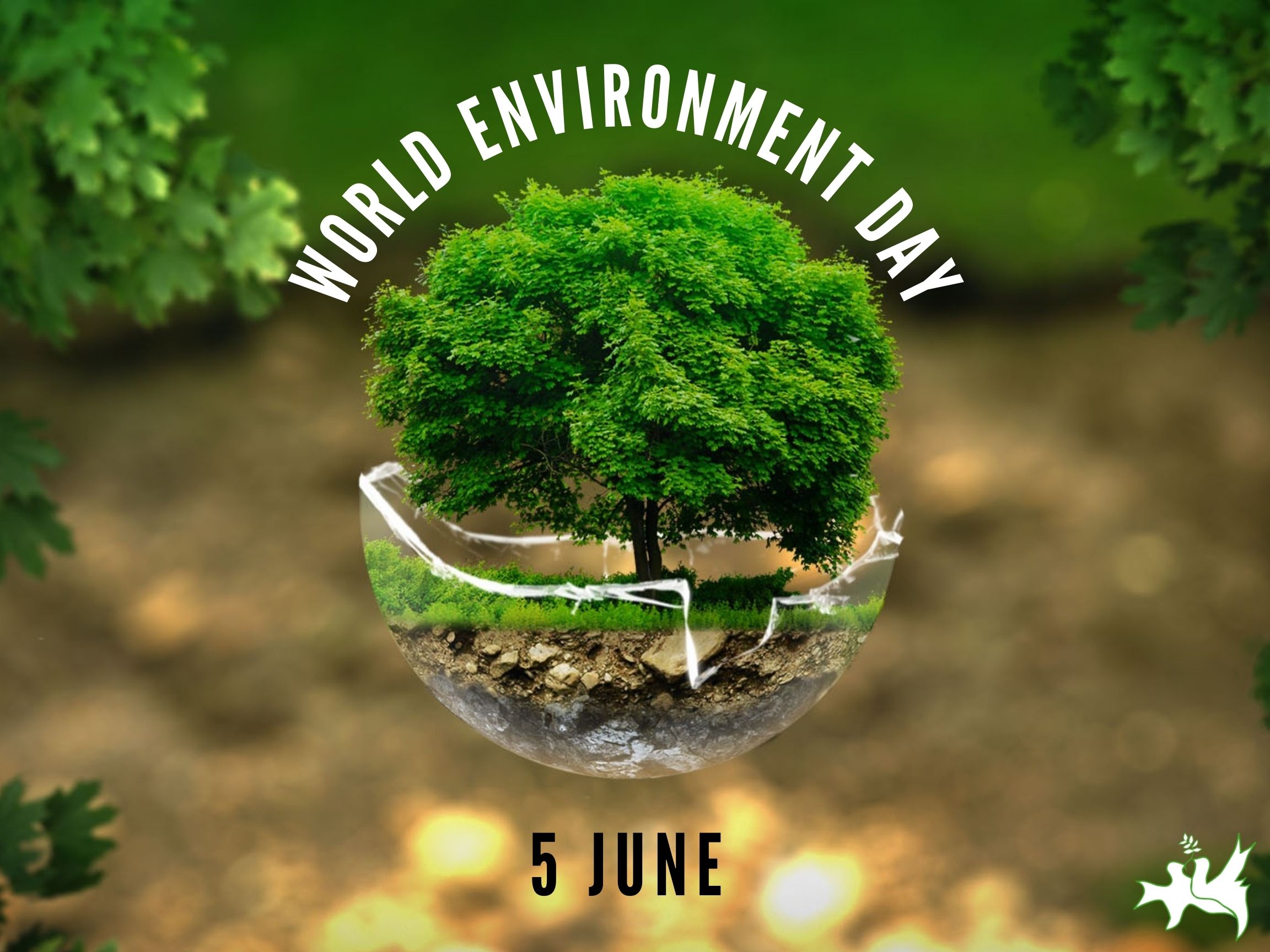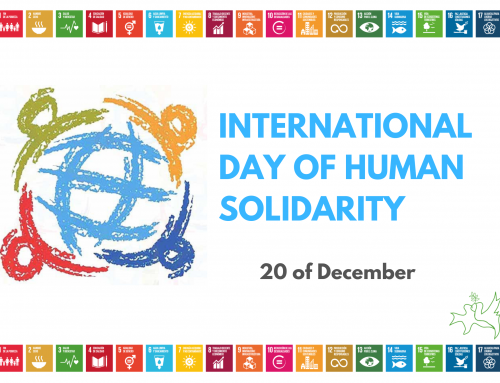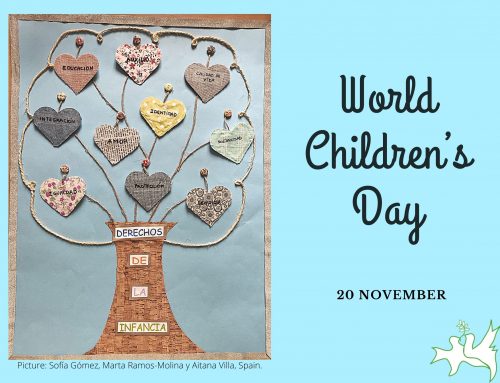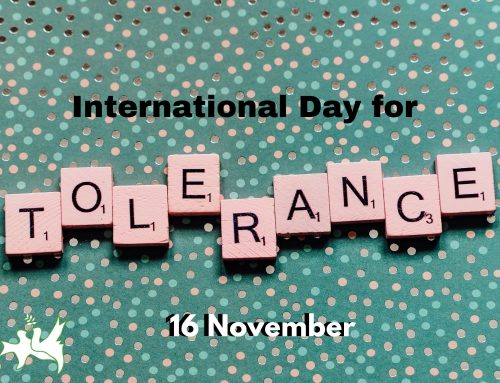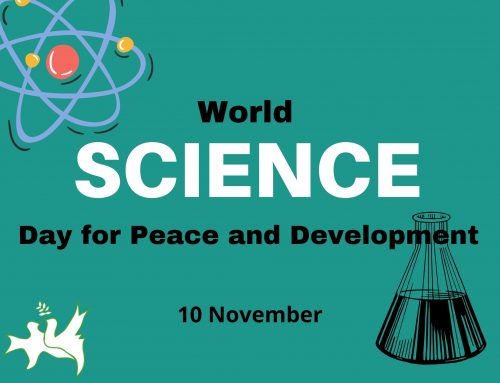For too long, we have been exploiting and destroying our planet’s ecosystems. Every three seconds, the world loses enough forest to cover a football pitch and over the last century we have& destroyed half of our& wetlands. As much as 50 per cent of our coral reefs have already been lost and up to 90 per cent of coral reefs could be lost by 2050, even if global warming is limited to an increase of 1.5°C.
Ecosystem loss is depriving the world of carbon sinks, like forests and peatlands, at a time humanity can least afford it. Global greenhouse gas emissions have grown for three consecutive years and the planet is one pace for potentially catastrophic climate change.
The emergence of COVID-19 has also shown just how disastrous the consequences of ecosystem loss can be. By shrinking the area of natural habitat for animals, we have created ideal conditions for pathogens – including coronaviruses – to spread.
With this big and challenging picture, the World Environment Day 2021 is focus in the ecosystem restoration and its theme is “Reimagine. Recreate.Restore.”
Ecosystem restoration means preventing, halting and reversing this damage – to go from exploiting nature to healing it. This World Environment Day will kick off the UN Decade on Ecosystem Restoration (2021-2030), a global mission to revive billions of hectares, from forests to farmlands, from the top of mountains to the depth of the sea.
Only with healthy ecosystems can we enhance people’s livelihoods, counteract climate change and stop the collapse of biodiversity.
Source: Naciones Unidas

